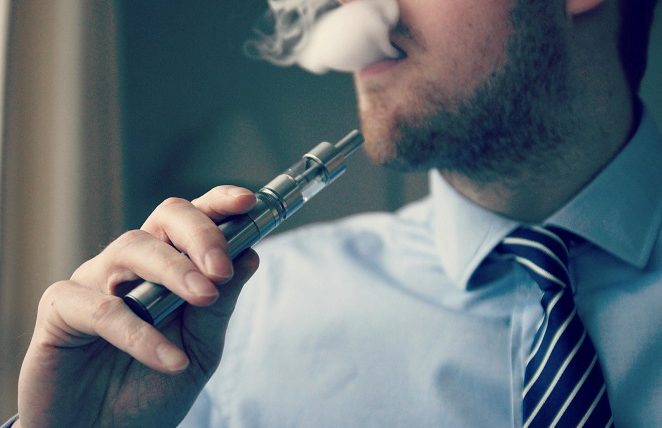Examining the Effect of Applicant Smoking and Vaping Behaviors in Job Interviews
Vapers are referred to as people who use cigarettes or the electronic-cigarette. As you can read here, Stigma is increasing towards their well-being in today’s society and workplace.
The key area of examination is how stigmatization affects the process of selecting a suitable candidate during an interview. Negative impressions of the interviewer towards smokers or vapers are considered.
The result is based on whether these factors should or should not prevail throughout the interview process. A framework process that is dually based was applied. The framework was interviewer biased contrary to the applicants who seem stigmatized. Automatic and systematic processes were used. They were referred to as type one and type two respectively.
Participants from the United States and Canada took a role in the two experiments conducted. The participants took part in the interviewer whereby, interviews were simulated to be on a video basis. On type one processes, the results were consistent and revealed that people who smoked cigarettes had less qualification than non-smokers.
Those who used the Vaping process less often emerged to be more qualified than frequent users. So as to make sure that the first impressions were not justified or rationalized, harder questions were used throughout the interview session. These first impressions were used as a major anchor and become generally consistent in line with the type one process.
Vaping reduces the amounts of nicotine and other dangerous chemicals entering the body. This facilitated more qualification because more relaxation was experienced. People using vaporizers always decide when to use them and are able to regulate nicotine flow. Those who smoke cigarettes have unstable calmness as a result of addiction hence low qualification. This is because the more they stay longer without smoking, the more disorientation increases.
In regard to type two adjustments, the final assessments were also impacted as a result of such impressions. The adjustments were based on the quality response of the involved applicants. More data from very careful eye tracking was also used. Raters with very bad attitudes and relations to smoking unlike Vaping behavior had glanced frequently to cues of stigma.
These were key influencers to the initial impressions. The importance of such an outcome is the provision of tests that are valuable to the interviewer bias process. Such tests carry crucial parts of this model which is a dual process. A dual-based approach gives room for detailed and more reliable results.
During the selection process, a job interview has been a well-known tool for assessment. However, sometimes it is threatened by the biasness depicted towards cigarette smoking and vaping behavior. Applicant characteristics during interviewing processes being continuously stigmatized continue to be a challenge that needs a solution.
Conclusion
Based on this examination, it is evident smoking has adverse effects when compared to vaping. Despite the fact that the use of vaporizers has a long-term effect, it enables people to recover from nicotine addiction. Without addiction, activity and concentration levels are high hence a great outcome. Unlike smoking, vaping gives stable calmness because nicotine levels are controlled and gradually reduced even up to zero percent. Therefore, smoking remains more dangerous.
